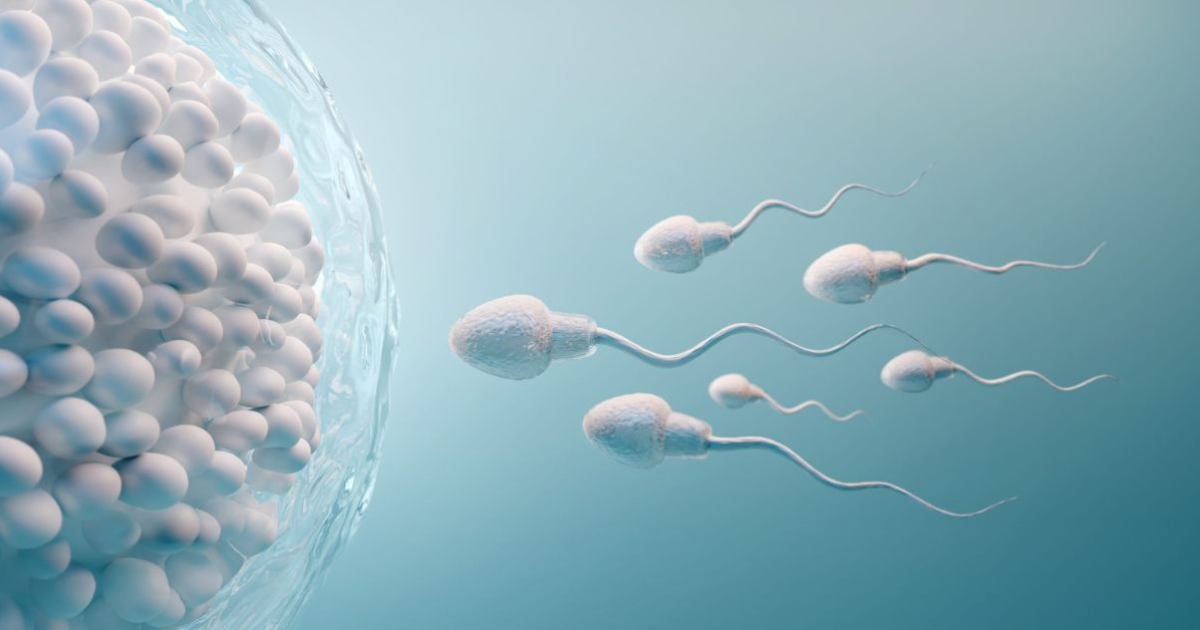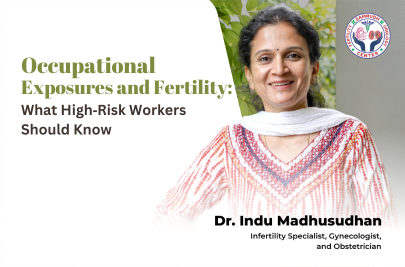Parenthood remains one of the most cherished goals for couples, especially in India, where cultural values place strong emphasis on family life. However, infertility affects millions of couples, leading to psychological stress and social stigma. In-vitro fertilisation (IVF) has emerged as a transformative solution, offering the possibility of conception through medical intervention.
While IVF has brought joy to many families, it is not without its challenges. Couples who choose IVF often face emotional struggles, financial constraints, physical discomfort, and relationship pressures. Understanding these hurdles is crucial in preparing for the journey ahead and ensuring better outcomes.
According to a 2023 report, more than 30 million couples in India are dealing with infertility, with delayed marriages, stressful lifestyles, and rising health issues being the main contributors. The growing awareness of Assisted Reproductive Technologies (ART), coupled with higher disposable incomes, has fueled the expansion of the IVF industry. Ernst & Young projects that the Indian IVF market will reach nearly $4 trillion by 2030. Despite these advancements, the challenges remain real and multifaceted.
Emotional Stress and Anxiety
Undergoing IVF can feel like an emotional rollercoaster. Couples often experience hope, anticipation, and fear simultaneously, creating a high-stress environment. The uncertainty surrounding IVF success rates can intensify anxiety.
Women may feel emotionally burdened by hormonal treatments and repeated medical interventions.
Men may experience stress from financial pressures and the responsibility of supporting their partner.
Emotional exhaustion sometimes leads to depression or strained communication between partners. Studies suggest that up to 40% of couples undergoing IVF report heightened levels of anxiety and depressive symptoms. Professional counselling, support groups, and open conversations can help manage this emotional strain.
Financial Burden of IVF
One of the most significant challenges of IVF in India is its cost. A single IVF cycle can cost between ₹1.5 lakh to ₹2.5 lakh, excluding medications and additional procedures. Multiple cycles may be needed, further increasing the financial load.
Table: Average IVF Costs in India (2024)
| Procedure | Average Cost per Cycle (₹) |
|---|---|
| Basic IVF cycle | 1,50,000 – 2,50,000 |
| ICSI (Intracytoplasmic Sperm Injection) | 1,80,000 – 3,00,000 |
| Donor egg program | 2,50,000 – 4,00,000 |
| Frozen embryo transfer | 1,20,000 – 2,00,000 |
For many middle-class couples, these costs create financial stress, especially when insurance coverage for fertility treatments remains limited in India. Payment plans, financial counselling, and government support programs are becoming increasingly important in reducing this burden.
Coping with Failed IVF Cycles
The success rate of IVF varies depending on several factors, including age, egg quality, sperm health, and overall medical history. On average, IVF success rates in India range from 30% to 35% per cycle. This means many couples may need multiple attempts.
Dealing with failed cycles can be emotionally draining. Repeated failures often lead to despair and, in some cases, abandonment of treatment. To cope, couples should:
Allow themselves time to process the grief.
Seek professional advice about alternative options, such as donor eggs or surrogacy.
Consider counselling sessions to strengthen mental resilience.
Physical Side Effects and Discomfort
IVF treatment involves several medical interventions, including hormonal injections, egg retrieval procedures, and embryo transfers. These can lead to physical side effects such as:
Bloating and abdominal discomfort
Tenderness at injection sites
Hot flashes and mood swings
Fatigue and headaches
While these side effects are usually temporary, they can affect daily life and work routines. Maintaining a balanced diet, regular exercise, and proper hydration can reduce discomfort. Healthcare providers often recommend lifestyle changes to improve treatment tolerance.
Strained Relationships Between Partners
IVF can put a strain on relationships due to the constant emotional and financial pressure. Couples may experience disagreements over treatment decisions, finances, or future planning. The stress of repeated medical visits and lifestyle restrictions may also lead to frustration and conflict.
Open communication, mutual empathy, and couples’ counselling are effective ways to maintain relationship stability during IVF. Partners who support each other emotionally and share responsibilities tend to cope better with treatment challenges.
Societal Stigma and Cultural Pressure
In India, infertility still carries stigma in many communities. Couples undergoing IVF often face questions and unsolicited advice from relatives and peers, adding to their stress. In some cases, women bear the brunt of blame, despite male infertility contributing equally to conception challenges.
Awareness campaigns, media representation, and medical counselling are gradually changing perceptions. However, breaking cultural barriers remains an ongoing challenge.
Difficult Medical Decisions
IVF treatment involves several complex choices, including:
The number of embryos to transfer
Whether to use donor eggs or sperm
Deciding on advanced techniques such as genetic testing
These decisions can be overwhelming, especially for couples unfamiliar with medical terminology. Regular consultations with fertility specialists and seeking second opinions can help couples make informed choices aligned with their values and medical needs.
Impact of Age and Lifestyle on IVF Success
Age is one of the most critical factors in IVF outcomes. Women under 35 have higher chances of success, while rates decline sharply after 40. Men’s sperm quality also decreases with age.
Table: IVF Success Rates in India by Age Group
| Age of Woman | Average Success Rate per Cycle (%) |
|---|---|
| Under 35 | 40 – 45% |
| 35 – 37 | 30 – 35% |
| 38 – 40 | 20 – 25% |
| 41 and above | 10 – 15% |
Lifestyle choices, such as smoking, alcohol consumption, poor diet, and lack of exercise, further reduce success rates. Fertility specialists often recommend lifestyle modifications to improve the chances of conception.
Need for Strong Support Systems
A reliable support system can make a significant difference during IVF treatment. Support may come from family, friends, counsellors, or online communities. Sharing experiences with others facing similar struggles can ease feelings of isolation.
Support groups provide practical tips, emotional encouragement, and reassurance, helping couples cope with the highs and lows of IVF.
Advances in Indian IVF Industry
The Indian IVF sector is expanding rapidly, supported by technological innovation, rising awareness, and increasing healthcare investments. Clinics are adopting advanced techniques like time-lapse embryo imaging, pre-implantation genetic testing, and cryopreservation to improve outcomes.
Market Insight Table: Indian IVF Industry (2023–2030)
| Year | Market Size (₹ Cr) | Growth Projection |
|---|---|---|
| 2023 | 8000 | Baseline |
| 2025 | 14,000 | Expanding awareness |
| 2030 | 32,000+ | Advanced adoption |
Despite these advancements, the challenges of cost, awareness, and stigma remain barriers that need consistent attention.
Conclusion
IVF treatment has transformed infertility management in India, giving countless couples the opportunity to experience parenthood. However, it comes with challenges—emotional, financial, medical, and social—that cannot be ignored. Recognising these hurdles is the first step toward preparing for the IVF journey with realistic expectations and strong coping strategies.
By seeking the right medical guidance, maintaining open communication, and adopting a supportive lifestyle, couples can significantly improve their IVF experience. With India’s growing IVF industry and advancements in reproductive technology, the hope for parenthood is more achievable than ever before.









